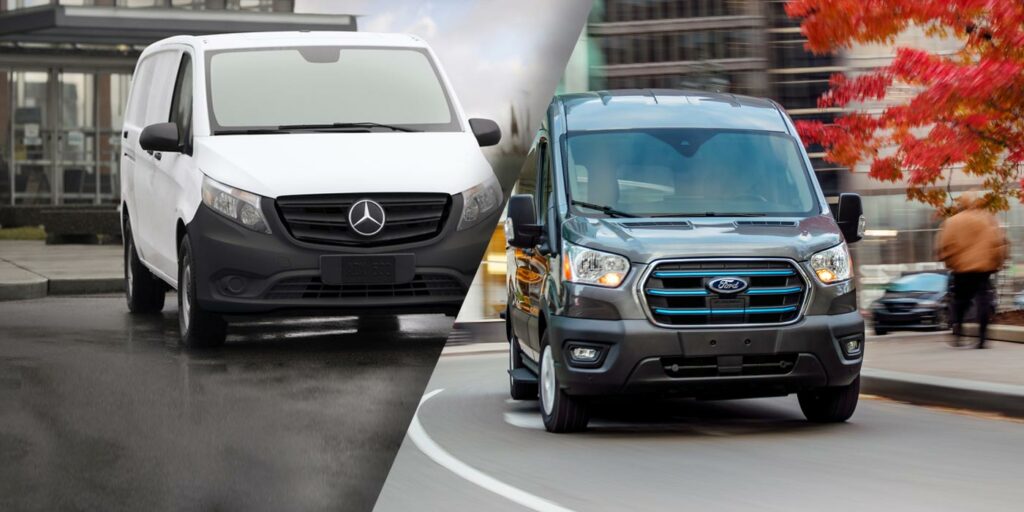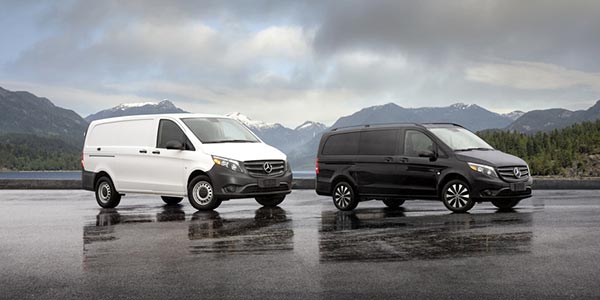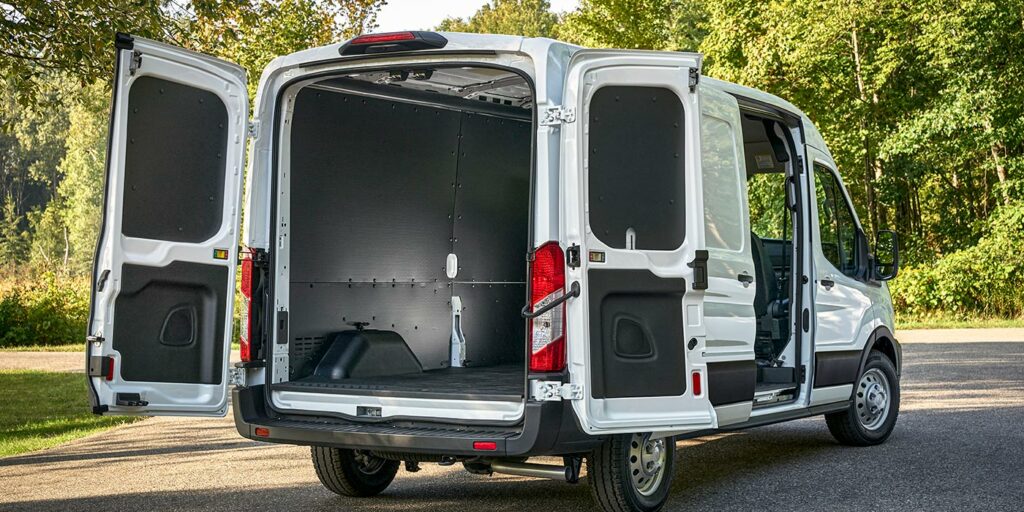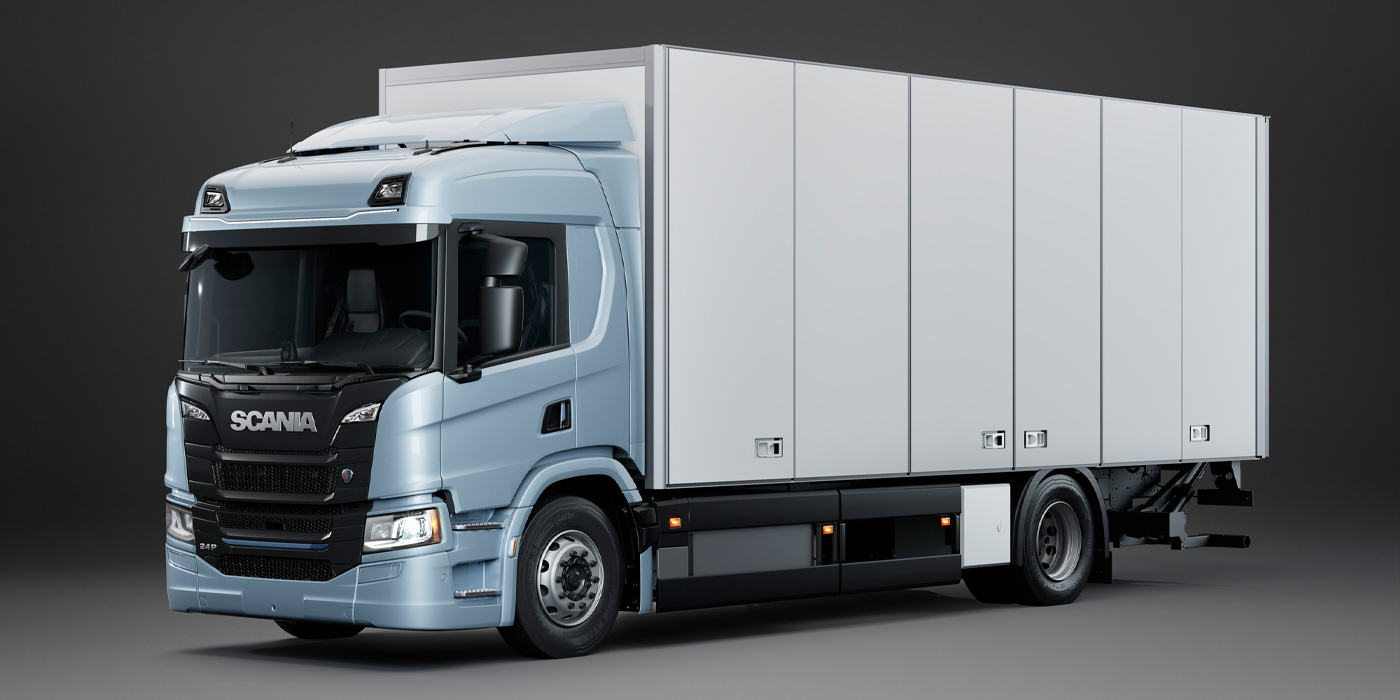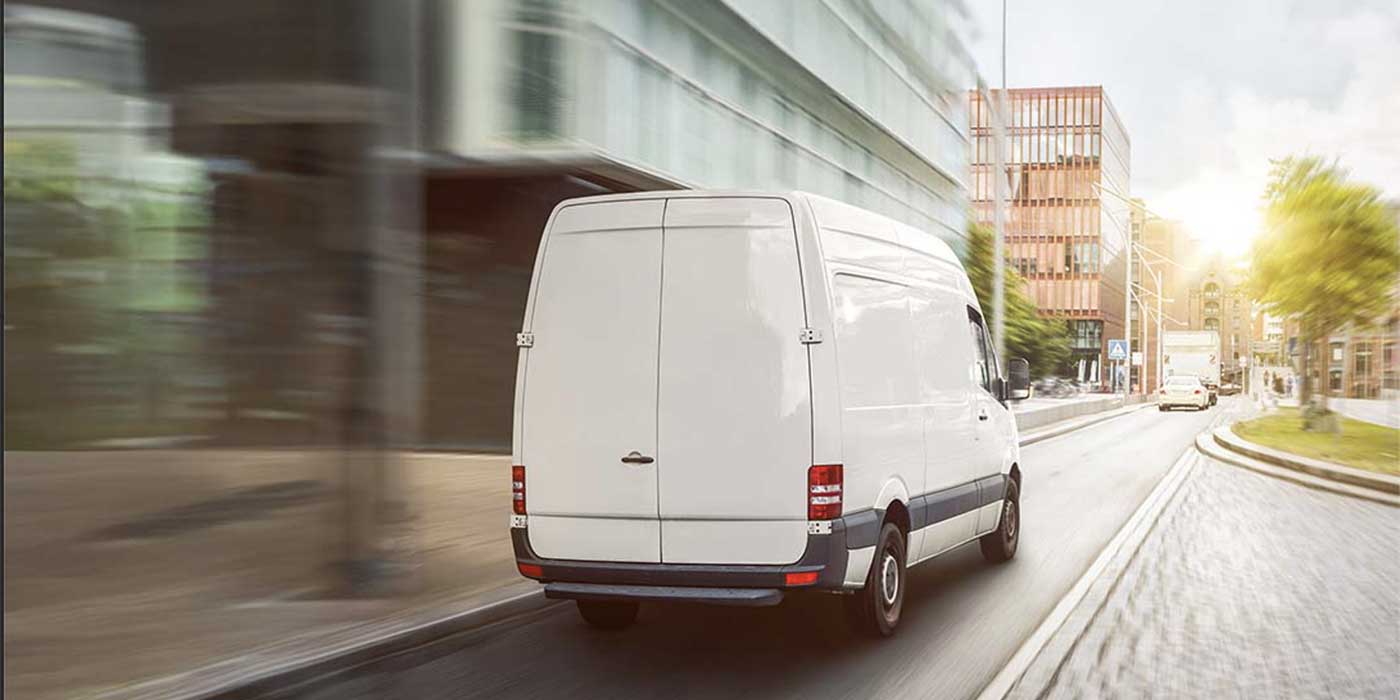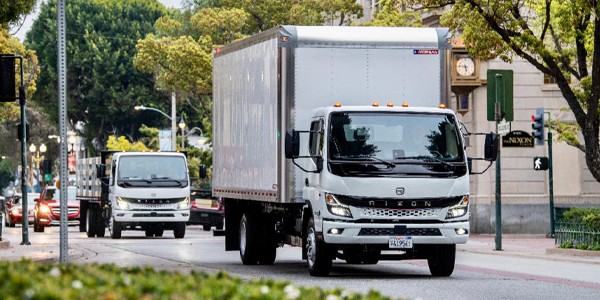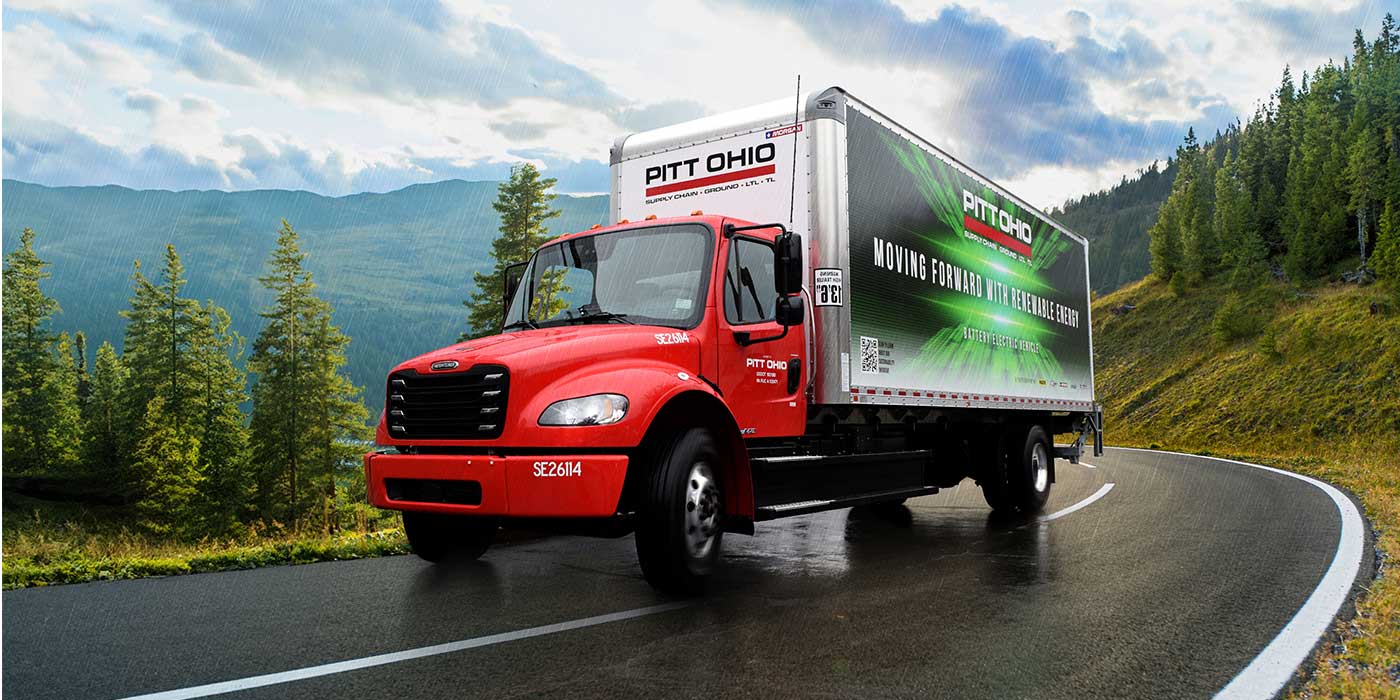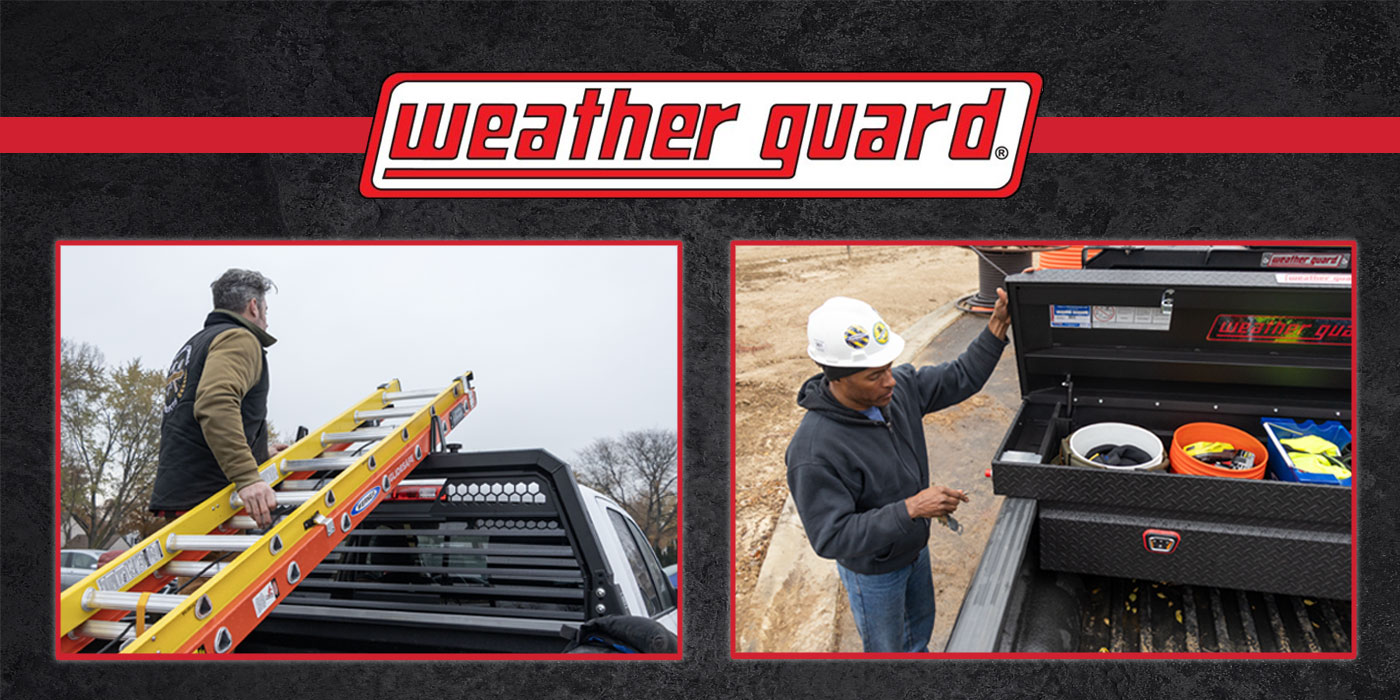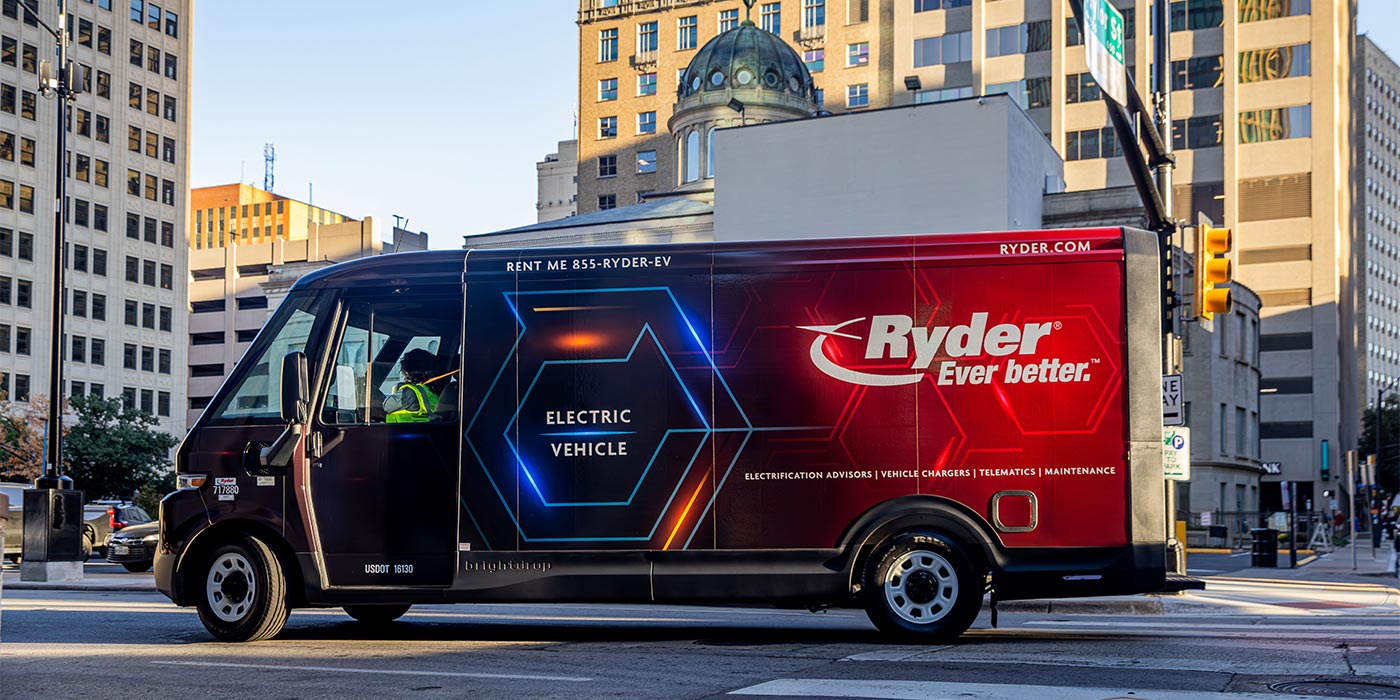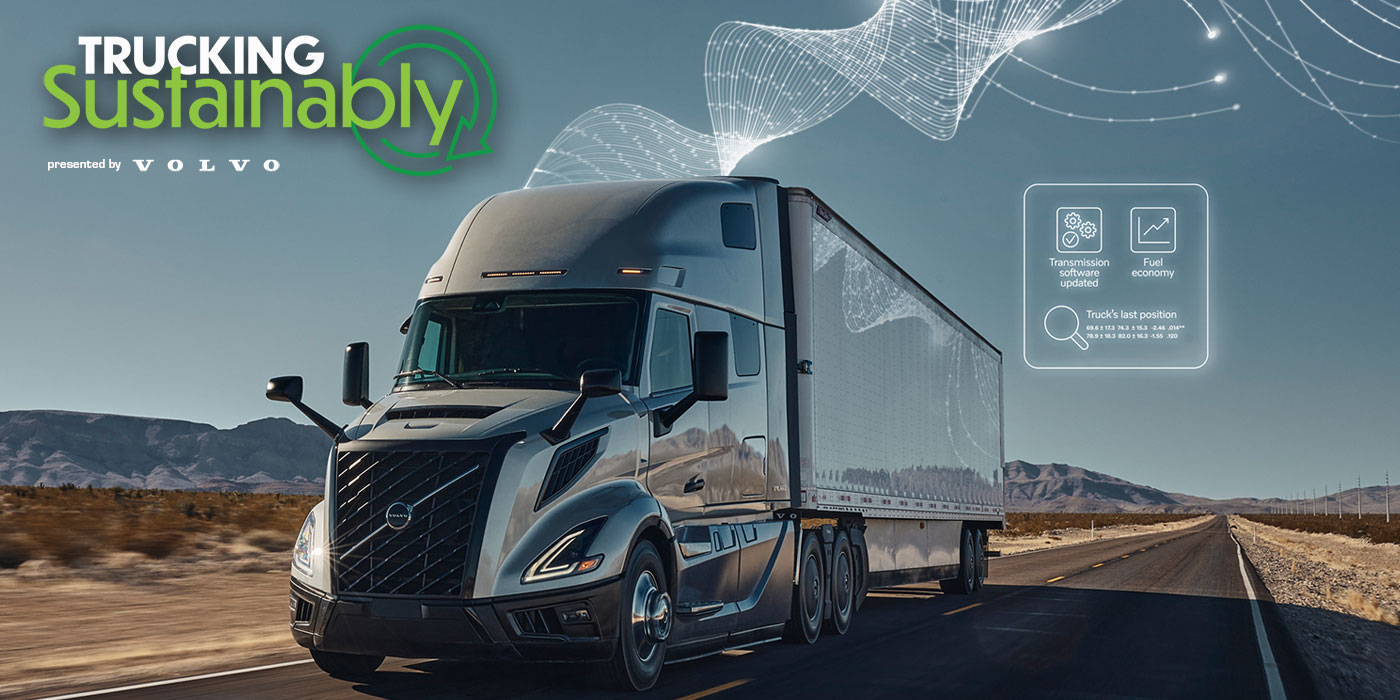Medium-duty truck sales have been skyrocketing following the spring 2020 crash that came alongside Covid-19, and a major factor in this market stature has been the rise of last mile delivery. The pandemic accelerated a trend that was already here: more online ordering and more same-day deliveries being promised by companies ranging from behemoth retailers to mom-and-pop restaurants.
The makers of commercial cargo vans don’t believe that last mile demand peaked in 2020; they see this growth trend continuing for the foreseeable future.
“I expect demand for last mile delivery to continue growing because individuals and companies alike have grown accustomed to this convenient new way of doing business,” says Andrew Walker, Ford brand manager for Transit and Transit Connect. “Mobile/delivery-first businesses are likely to be on the rise, prompting additional demand for suitable vehicles.”
On a similar note, a Mercedes-Benz spokesperson says that they believe the current last-mile trend will continue over the next 12 to 18 months, as customers have grown to depend more on home delivery services.
With that being the case, makers of light- and medium-duty vehicles such as cargo vans are making sure to design their vehicles and their various features with last mile in mind. After all, with such demand out there, the vehicles need to rise to the occasion—and that means the ability to navigate city streets, park and unload easily, and provide comfort and ease of use to drivers who may be new or inexperienced in the world of professional driving.
Mercedes-Benz offers the Metris and Sprinter lines of cargo and passenger vans for last mile and other applications.
“The design of both the Metris and Sprinter were already well equipped to meet the needs for last mile delivery, with ample cargo space, easy access for drivers to the cargo area and overall low TCO paired with our benchmark safety features,” a Mercedes-Benz representative said. “These features keep Mercedes-Benz vans at top of mind for our customers working within last mile delivery.”
On the Ford side of things, the OEM offers the Transit line of vans, which recently got a refresh for 2021.
FE took the 2021 Transit for a ride recently; you can watch the video here.
“We’ve made a number of changes to the Transit platform in the 2021 model year to specifically address delivery and last-mile applications,” Ford’s Walker says.
According to Walker, these changes include: replacing the manual parking brake on the floor with an electronic parking brake on all Transit vans up to 9,500 lbs. GVWR for additional ease of moving around in the vehicle; offering an optional center console with right-side shifter to improve walkthrough to the back and additional driver legroom; making the overhead storage shelf optional, providing more overhead clearance when standing; and adding an all-wheel drive system as an option.
“We introduced a new Parcel Delivery Package this year that you can order on Transit cargo vans and cutaways,” Walker adds. “It adds 50/50 hinged rear doors with a 253-degree opening to give delivery drivers room to move and maneuver, plus full interior lighting (for cargo vans) to help with early morning and late evening deliveries. This package also deletes the armrests from both driver and passenger seats to further improve access to the cargo compartment.”
Technology, Walker adds, also plays a major role in a vehicle’s suitability to be used in demanding applications such as last mile.
“I think the increase in driver assist technology is also important in this segment,” he says. “Especially as you have many new drivers or drivers for whom delivery is secondary to their primary role, anything we can do to ease the pressure on them helps. For example, Pre-Collision Assist with automatic emergency braking and Pedestrian Detection, forward collision warning, post-collision braking, Lane-Keeping System and auto high-beam headlamps are standard on every Transit cargo van, crew van, cutaway and chassis cab.”
It’s the little things
We’ve covered the big stuff, but what are some of the small details of a last mile commercial vehicle that can lead to a better experience for the driver?
“The standard and available safety features within the Mercedes-Benz Van lineup, and the updated navigation technologies and product configuration versatility, all help to make the customer feel safe and well equipped on the road. With the various configurations available for our customers, they are able to choose the van that best suits their individual needs,” a Mercedes-Benz representative said.
“Driver comfort is very important, of course, because the van is the driver’s office all day,” Ford’s Walker says, naming examples of driver comfort features like touchscreen controls, voice recognition and a built-in modem with a Wi-Fi hotspot.
“Visibility is also really important to a driver. In addition to offering great line of sight out the front windshield and side windows, Transit also offers front and rear split-view cameras to provide visibility all around the van. Front, side and reverse sensing systems signal the driver when the van is approaching an obstacle.”
There is also technology designed to make the driver’s life easier, Walker adds. “For example, we offer Enhanced Active Park Assist that will help the driver park a Transit van even in parallel or reverse perpendicular spots. It will even help the driver confidently exit a spot when someone else parked too close.”

